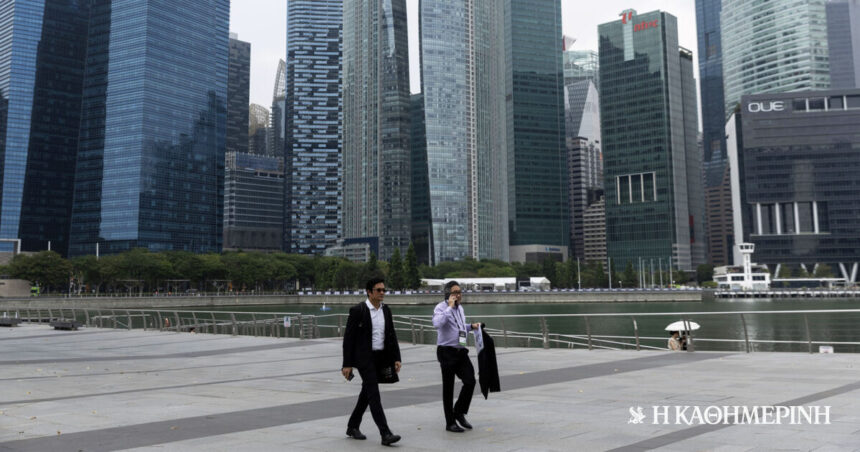Finally, it appears to be taking one of the biggest rallies in the rent prices of the world’s most expensive city, the Singapore. Rents in the modern city-state could fall as much as 10 percent in 2024, after rising as much as 15 percent this year, Bloomberg Intelligence analyst Ken Fung said. He estimated that the drop in prices could be even greater if macroeconomic data worsens or a crisis emerges.
In 2023, almost twice as many houses were built compared to the previous year, as the construction difficulties that had arisen due to the pandemic were mitigated. This oversupply – with the number of new properties higher than the annual average of the past 10 years – will take time to run out. In addition, most new homes on the market are expected to drive the rents in decline the following year.
“Tenants are likely to react to unsustainable rents as there are more vacant properties to choose from, but also due to macroeconomic uncertainties and increasing cost of living” said Fung. High rents are one of the big problems for both foreigners and locals living in Singapore, but they are already showing downward trends. The index for the cost of renting private homes rose just 0.8% in the third quarter. That’s the slowest increase since rents began climbing in late 2020. The expected drop would come as a relief to renters, who have been squeezed significantly by the cost of rent in a city that has emerged as the most expensive for luxury living. .
Rental costs rose 30% last year, the biggest increase in 15 years, as Singapore became one of the first countries in Asia to reopen its borders during the pandemic and become more attractive to the wealthy.
The number of empty houses it also rose to 34,341 units in the third quarter, surpassing the average of 27,000 between 2014 and 2017, when rents fell for four straight years, the longest annual decline since the end of the last century, according to government data.
While rents overall are expected to decline, some landlords may still raise prices on lease expirations entered into two or three years ago, albeit at a slower rate, Fung added.




